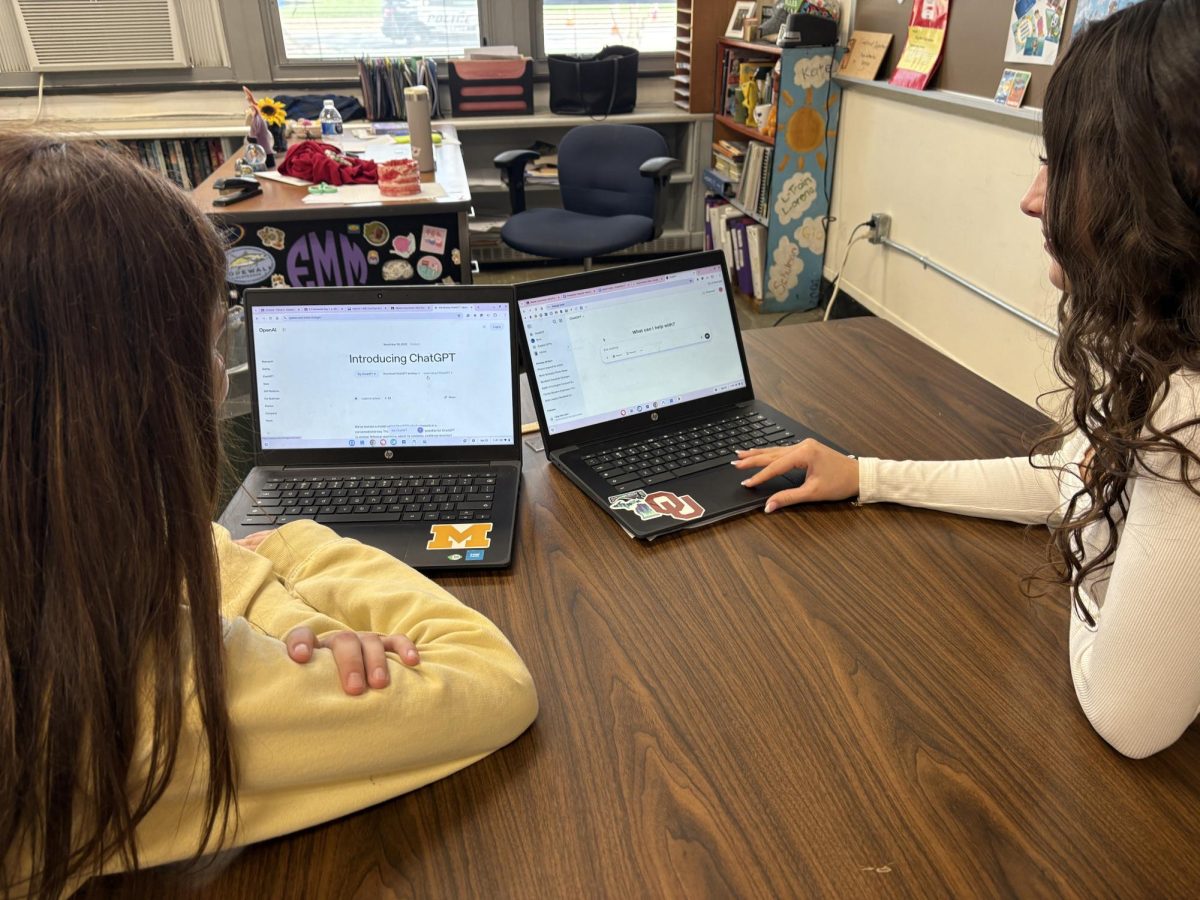Have you ever considered the positive influences and benefits of educating adolescents about social and personal development? As children transition into adolescence, their minds become more advanced and perplexing to accommodate. When considering aspects of identity and the struggle to fit in and cope with their unfamiliar surroundings, it’s important to acknowledge the physical progression and the psychological transformation they adjust to over time. This is the time for social skill development and relationships, as is essential for the fostering healthy future adulthood. “Emotional intelligence is important for teens because it serves as the foundation for an adolescent’s emotional development and maturity. It sets the stage for their ability to build resilience, persevere through mental health struggles, and cope with difficult thoughts and feelings” (Newport Academy).
Social intelligence is important because it helps teenagers navigate the complexities and comprehension of human interactions. It involves understanding and managing your emotions, empathizing with others, and responding in social situations where it’s required. Handling conflicts is a big part of proper development and essential which helps in expanding on more social skills, aside from communication. Eighth grader Tiana Townsend-Kenner stated, “I believe it’s important for middle schoolers to acknowledge what their actions and decisions do, which can enhance their ability to communicate accordingly.”
According to the U.S. Department of Health and Human Services, “the ability to empathize and to appreciate the unique differences among people increases in adolescence. Adolescents often learn to take other people’s feelings into account, be compassionate about the suffering of others, listen actively, and interpret nonverbal cues. Although youth typically begin to express some complex emotions early in life, adolescents start to examine their inner experiences and express their emotions verbally. However, because the prefrontal cortex is not fully developed until early adulthood, adolescents often find it challenging to interpret body language and facial expressions.”
Furthermore, communication, empathy, active listening, and conflict resolution play a significant role in both personal relationships and professional environments as young adults transition further into adulthood. These skills are found in forming healthy friendship, a family dynamic, or a workplace, showing that learning how to navigate emotions and communicate effectively is a lifelong process, crucial for success in relationships and day-to-day interactions. Vocal Music Teacher Mr.Stephen Markowski stated, “Experiencing emotions can be stressful to cope with, and social skills are always present in teen and adult livelihoods which are essential to develop.”
The crucial connection between mental well-being and societal development has continuously been stressed as the significance of consistent social interaction throughout life contributes to their ability to navigate various social settings successfully. Engaging in social routines advertises practical lessons for transitioning teens. “Social development occurs throughout life and explains how we recognize, interpret, and respond to social situations. Healthy social development is a known protective factor for children and young people’s mental health and well-being. Daily contact and interactions with family members, educators, and friends teaches children and young people about the social world and the rules, practices, and values that support it” (Beyond Blue).
Qualities such as human compassion, sympathy, and empathy should be found within adolescents by the time they reach middle school. However, there are also qualities like personal resilience and listening skills that all contribute to the ability to enhance emotional intelligence. Peer pressure and other negative topics in school environment are examples of its importance. A lack of awareness about emotions and perspectives can lead to difficulties in communicating, forming friendships and in group numbers eighth grader Mia Caldrom Brown stated, ” It is important because students need to learn the significance of human compassion and empathy, without proper awareness and development students people might struggle to socialize.”







